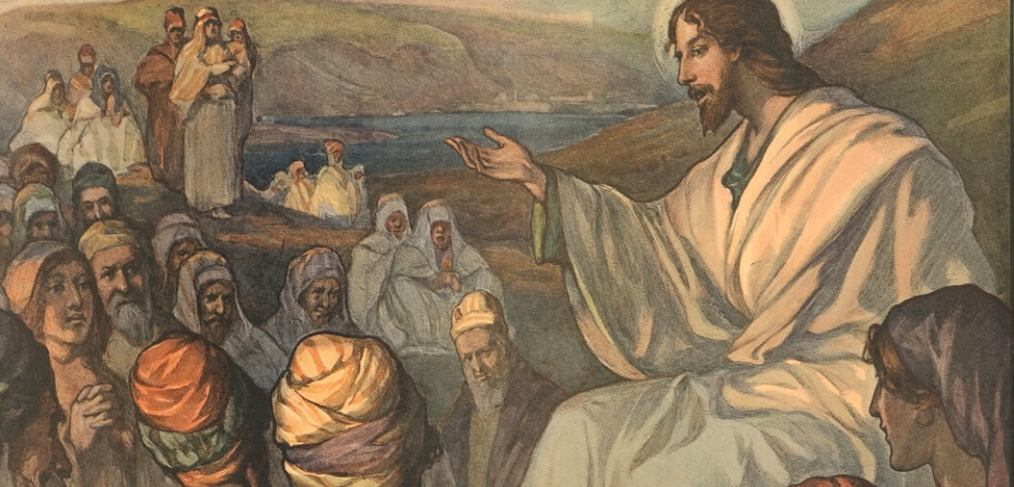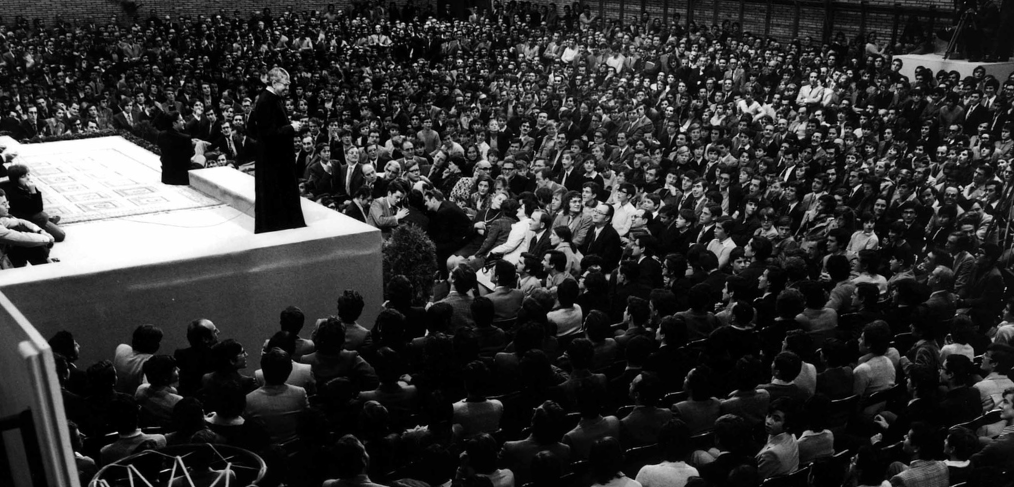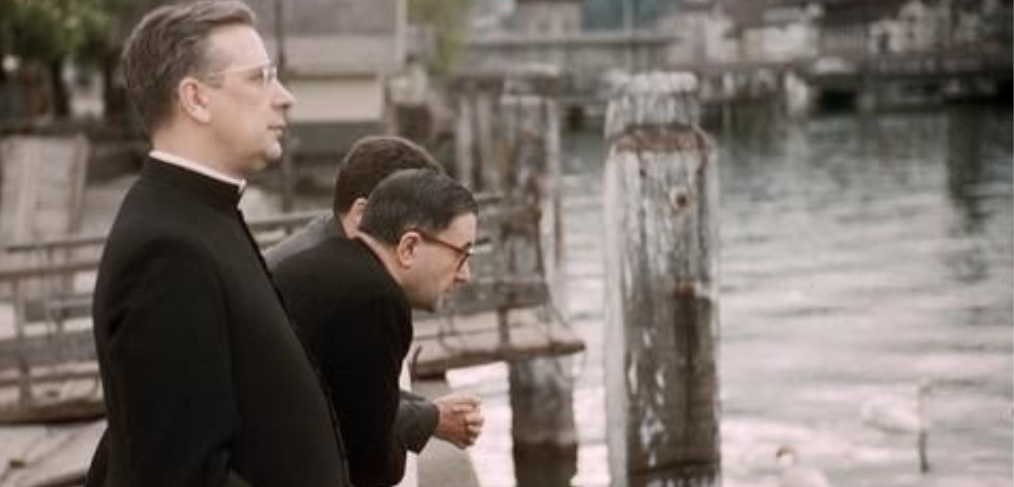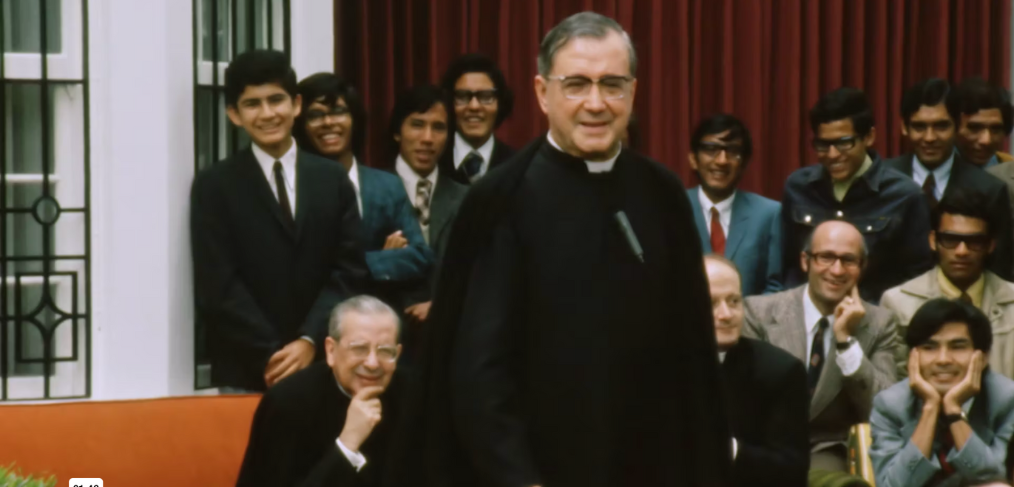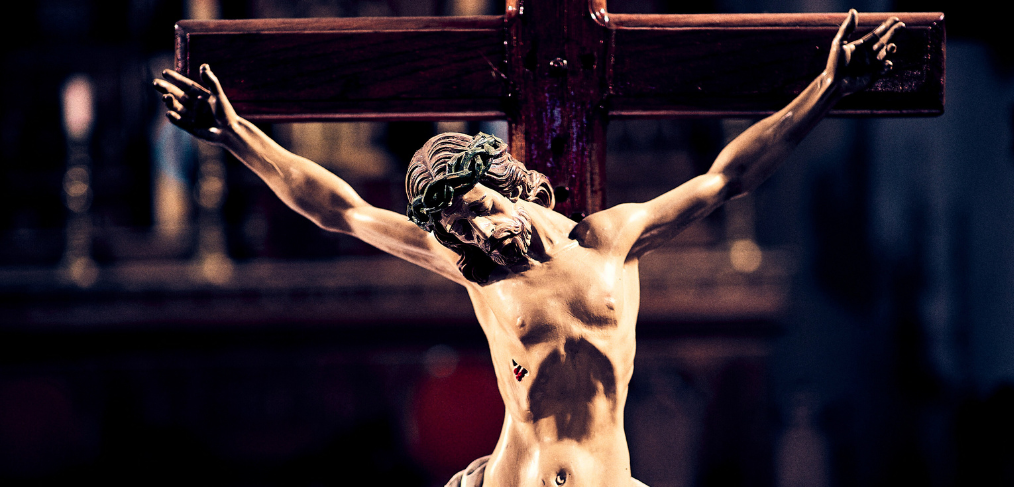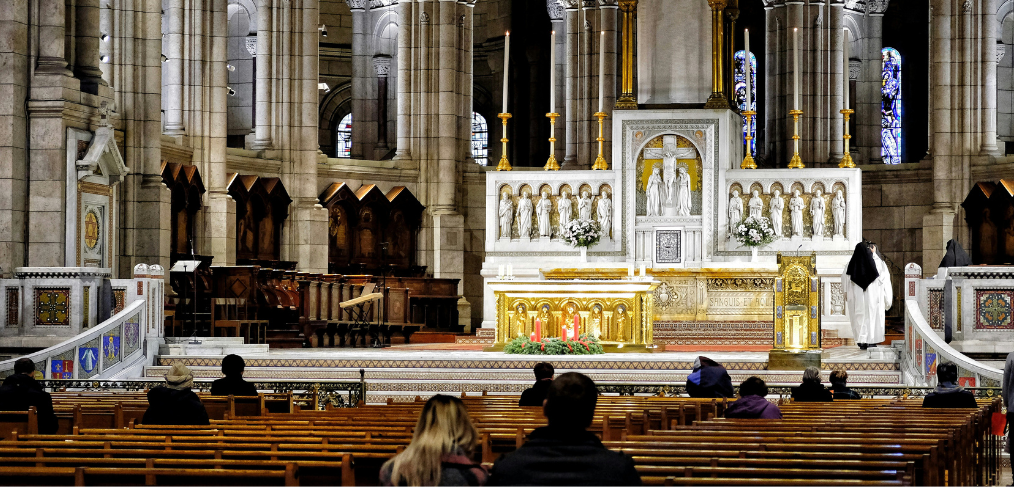Our own “desert” to which Christ is calling us might be anything from a private home, to an office cubicle, to a city street. Wherever the contents of our hearts can and should be revealed, there the Bridegroom awaits us.
Anyone who has ever tried to be happy by changing their mailing address or some other merely cosmetic, outward change, has discovered the truth of the saying: Happiness is an inside job.
A Spiritual Backpack for Educators is a selection of resources from the St. Josemaria Institute to help parents and educators form young men and women rooted in faith:
The theme of thanksgiving is inextricably woven into St. Josemaría’s life and books. In his collection of spiritual meditations “The Way”, he emphasizes the Christian’s duty to constantly thank Our Father.
In her poem “Why I Love You, O Mary!”, Saint Therese of Lisieux says that the Blessed Virgin teaches her how to weep and rejoice—what to have sorrow for and what to rejoice over.
The St. Josemaria Institute “spiritual backpack” is a curated selection of resources for students, families and teachers to help maintain a happy spiritual life throughout the school year.
In Opus Dei: Opus Dei: An Association Which Fosters the Search for Holiness in the World, St. Josemaria Escriva explained that the development of the laity rests on a renewed awareness of the dignity of the Christian vocation.
St. Josemaria’s advice and points for reflection for those who may have fears about death.
We are here, consummati in unum! united in prayer and intention, and ready to begin this period of conversation with Our Lord, having renewed our desires to be effective instruments in his hands.
I was deeply moved by the Epistle in today’s Mass, and I imagine the same will have happened to you. I realized that God was helping us, through the words of the Apostle, to contemplate the divine interlacing of the three theological virtues.
Looking creates responsibility, especially when looking means seeing another’s distress… The first reading for the Feast of the Exaltation of the Holy Cross features a look that saves.
Receiving Our Lord in the Holy Eucharist is the closest we’ll ever be to Jesus Christ on earth. Therefore, St. Josemaria Escriva encouraged everyone to truly recollect themselves in prayer during those holy moments of our lives.
Does everyone have a breaking point? A point beyond which too much pressure causes collapse?
Having just read in the Acts of the Apostles about Pentecost, the day when the Holy Spirit came down on the Lord’s disciples, we are conscious of being present at the great display of God’s power with which the Church’s life began to spread among all nations.
We are at the beginning of Lent: a time of penance, purification and conversion. It is not an easy program, but then Christianity is not an easy way of life.
It hardly needs to be said that finding God in daily life is one of the keynotes of Saint Josemaría’s spirituality. But do we ourselves want to be found by God in daily life?
St Josemaria expresses the wish in The Way that we should learn to speak of the holy souls in purgatory as “My good friends the souls in purgatory” (571).
We should not forget that he came on earth to redeem everyone, because ‘he wishes all men to be saved’. There is not a single soul in whom Christ is not interested. Each soul has cost him the price of his Blood.
There is only one way to become more familiar with God, to increase our trust in him. We must come to know him through prayer; we must speak to him and show him, through a heart to heart conversation, that we love him.
You and I need to be made anew, we need to wake up from the slumber of feebleness by which we are so easily lulled and to become aware once again, in a deeper and more immediate way, of our condition as children of God.


